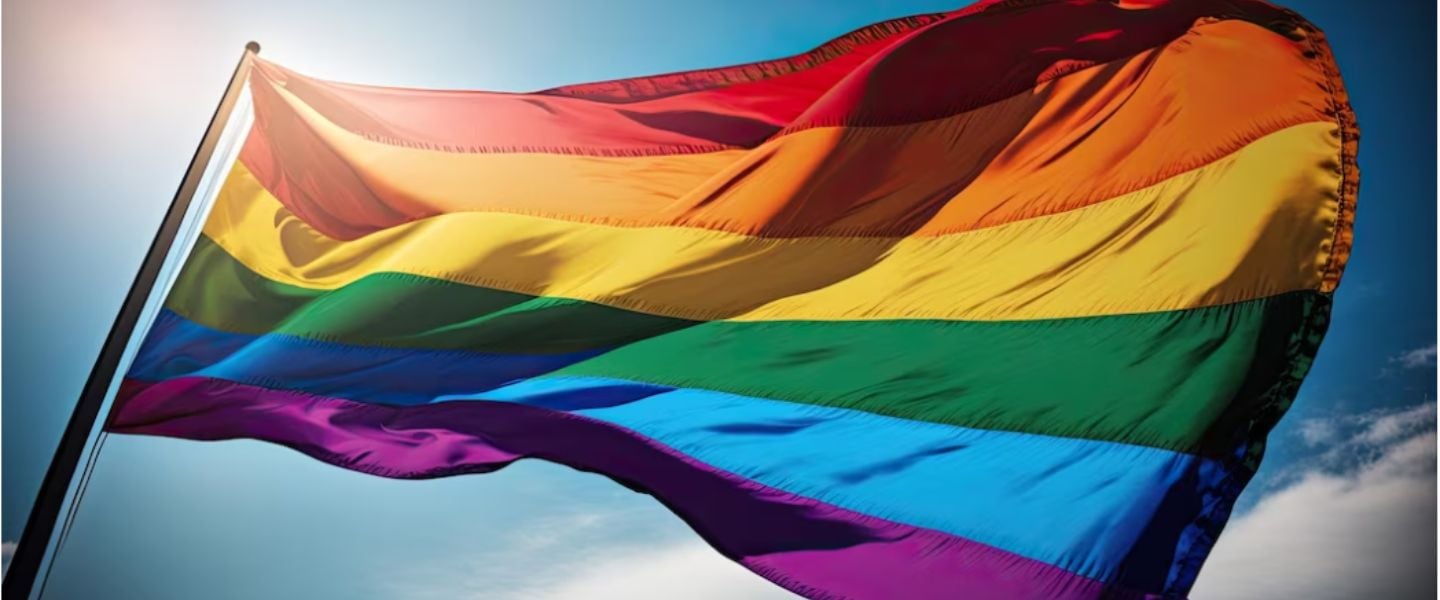-
Compliance
Assistance in the design, implementation and monitoring of Compliance programs within the framework of local and international regulations (FCPA, Corporate Criminal Responsibility Law), including course delivery.
-
ESG & Sustainability
Projects related to ESG (environmental, social and governance) and Sustainability.
-
Forensic
The services offer includes expert advice in litigation resolution and the development of procedures in legal/digital forensics and cybersecurity.
-
Human Capital
Grant Thornton's Human Capital division has a team of professionals determined to accompany individuals and organizations throughout the relationship between the employee and the organization.
-
Organizational restructuring
Advice on operational restructuring to companies in difficulty, their creditors or other interested parties.
-
Services to the Government and the Public Sector
Financial audit projects and special technical and concurrent reviews of programs of national and subnational governments financed by International Credit Organizations. Special projects for government entities, public and mixed companies.
-
Valuation Services
We provide stock, business, asset, and liability valuations in support of negotiations, account structuring, and tax opportunities.
-
Transaction Advisory Services
The service offer includes financial due Diligence, operations services, business and strategic intelligence, ratings, advice on mergers and acquisitions, capital markets and debt advice.
-
Academy - Empowered by Grant Thornton Argentina & Perú
Academy is an e-learning platform that emerged as a joint initiative of Grant Thornton Argentina and Grant Thornton Perú. It is designed so that everyone can acquire new skills in accounting, auditing, taxes, technology and business through access to multiple courses and certifications.
-
External audit
We offer services of external audit of financial statements; assurance reports, agreed procedures and certifications; due-diligence and take-over of companies.
-
Audit methodology and technology
At Grant Thornton we use a single audit methodology across our global network. We apply it through an integrated set of software tools known as the Voyager suite. Meet it now.
-
Professional standards and training
Our IFRS advisors can help you navigate the complexity of the standards so you can spend your time and effort on your business.
-
Prevention of money laundering and financing of terrorism
At Grant Thornton we provide advice to our clients in the development of an Asset Laundering and Terrorist Financing Prevention strategy that allows them to prevent risks in a comprehensive manner.

-
Tax outsourcing
Taxes have a strong impact on your business decisions. At Grant Thornton we will respond quickly and tailor solutions for our clients.
-
Payroll
Put your payroll in good hands while you take your business beyond. Learn about our services.
-
Accounting, administration and finance services
To achieve the highest business benefits, you need an experienced team by your side. Learn about our services.
-
Start-up companies
Learn about our solutions to help build your business.
-
External audit
We offer services of external audit of financial statements; assurance reports, agreed procedures and certifications; due-diligence and take-over of companies.
-
AML - FIU Independent External Reviewer
We participate in the implementation of the requirements of the FIU in leading companies and our services ensure an orderly framework, optimizing the investment.
-
Internal audit
An internal audit helps identify gaps, deficiencies, and potential for inherent risk in all facets of the organization.
-
Legal audit
The monitoring of the legal area is usually a complex and difficult task for organizations, which however cannot be neglected.
-
Creation and acquisition of Financial Entities
We have the knowledge and experience in activities related to the acquisition and creation of financial entities, both locally and internationally.
-
Responsible for regulatory compliance
At Grant Thornton we offer the service of acting as "Responsible for Regulatory Compliance and Internal Control" for companies that requested registration as Settlement and Clearing Agent and Trading Agent.
-
Global Mobility Services
Sending someone abroad involves liabilities and obligations. We offer interesting solutions to minimize the tax burden for both parties.
-
Direct Tax
We provide clear and practical solutions that meet your specific business needs, in the most tax-efficient way possible.
-
Indirect Tax
Grant Thornton's tax teams take a rigorous approach to help you meeting your tax obligations, whatever challenges you may face along the way.
-
International taxes – Transaction support
We offer our international experience in the field and make available the resources to plan and adequately comply with regulatory frameworks.
-
Services to private clients
Wherever you are in the world, our tax specialists can help you with your interests and investments abroad.
-
Clean energy and technology
Growing demand, development of new ways of energy and need of a sustainable future: we accompany our client in these changes and to be one step ahead.
-
Mining
Our flexible, partner-led teams are dynamic and focused on development. We take time to understand the details of the client’s business and offer unique solutions.
-
Oil and gas
Our Oil & Gas teams have the deep knowledge, wide experience and vision needed to offer our clients practical solutions adapted to their businesses.
-
Banking
Grant Thornton offers meaningful and accurate solutions for operational and transactional issues, litigation and administrative disputes in banking.
-
Private capital
We gather international teams of experts in corporate finance, restructuring and recovery, tax and insurance services to deliver customized solutions from initial investment, through development stages until the end of each project.
-
Fintech
We work to take advantage of all opportunities and manage industry risks, allowing our clients to always be one step beyond their competitors.
-
Asset management
We have specialized teams in more than 140 markets delivering solutions regarding insurance, taxes and advisory to global, international, regional, local asset managers.
-
Insurance
Thanks to our specialized team we offer accurate solutions for operational and transactional matters, litigations and administrative conflicts.

A bit of history
In the early hours of June 28, 1969, the police arrived at the Stonewall Inn, a gay bar in Greenwich Village, NY, to arrest gay, lesbian, trans, bisexual, and other members of the LGBTQIA+ community who were there.
Police began a raid, but the bar's clients resisted arrest, starting a riot that escalated and caused scenes of violence that were mitigated after long hours. In rejection of police brutality, leaders of the LGBTQIA+ collective called to protest at the bar for the next five nights. During those six days, 21 people were arrested.
Although these days of protest did not immediately change the treatment that security forces gave to LGBTQIA+ community members, nor did they result in changes in the regulation that criminalized sexual diversity; many organizations and associations had their origins in Stonewall. These groups carried out the first Pride March on June 28, 1970, one year after the riots, and continued the fight for community rights in the decades that followed.
The current situation in Argentina
In Argentina, a survey published in 2021, conducted by the consultancy Bridge The Gap together with the Argentine LGBT Chamber of Commerce (CCGLAR) indicates that 92% of LGBTQIA+ people consider that there is discrimination in the workplace. Followed by the family environment (86%), education (82%), and the media (81%). In turn, 42.8% consider that this increased during the COVID-19 pandemic.
The inclusion of minorities in companies is seen positively by a large part of society. Consumers are making purchasing decisions and endorsing brands with strong values of diversity, equity and inclusion, and employees want to work in diverse and inclusive teams where everyone has an equal opportunity to thrive and belong. However, only 36% of the people surveyed consider that companies are carrying out actions to improve the workplace for the LGBTQIA+ collective.
A document from the Human Rights Campaign Foundation (HRC) and Fundación Iguales points out that in non-inclusive environments, 72% of LGBTQIA+ workers leave the company before the third year, and that 1 in 4 decide not to be visible at work out of fear to lose employment opportunities, career, salary or the job position.
Rainbow washing in our country
Argentina is one of the Latin American countries that has made the most progress in inclusion policies. Every June, many companies change their traditional logos on social media to one with the rainbow in recognition and support of the LGBTQIA+ fight.
However, in some cases they are superficial actions in which a company seems to support the community through marketing actions. These programs have the objective of being recognized as allies and positioning themselves as diverse and inclusive organizations before their competitors and the young people, who find fighting for social causes attractive when choosing where to develop their career. However, many of these actions are not sustained on a day-to-day basis, as they are not reflected in internal practices to empower employees of the LGBTQIA+ community or support them in their challenges against discrimination and inequality. This is known as “rainbow washing”.
Taking the step towards true LGBTQIA+ inclusion requires companies to undertake a deep review of their communication and internal processes. Here are some key points to consider:
- Institutional communication: analysis of your brand, marketing and presence on social media
- Talent management: recruitment strategies, hiring practices, career development, promotions, rewards and policies
- Commercial relations with customers and suppliers
- Social responsibility: involvement with the communities where it works
In addition to these points, the data collection on diversity, a comprehensive people management program and the commitment of organizational leaders are essential to move from rainbow washing to true contribution to the LGBTQIA+ movement.
Diversity & Inclusion at Grant Thornton
All the firms that belong to the Grant Thornton network are guided by our CLEARR values: Collaboration, Leadership, Excellence, Agility, Accountability and Respect. This last value means for us "knowing how to use influence wisely" recognizing that we own our actions. This is why we believe in respect for sexual orientation, gender identity and gender expression; and we provide our employees with workspaces in which they can express their identity without suffering negative repercussions.
Our personnel selection policyestablishes that the candidate's qualifications, skills and professional experience will be exclusively considered, regardless of race, colour, religion, nationality, age, sex, sexual orientation or marital status.
As a Firm, we are committed to being a friendly workplace, where everyone feels safe and encourages people to be authentic, fully live their originality and be themselves all the time and everywhere.
We believe that diversity strengthens us and that providing an environment free from harassment, intimidation and discrimination allows each of our employees to do their best in their tasks and provide quality service.
"The origin of our fight is in the desire for all freedoms"
Carlos Jáuregui